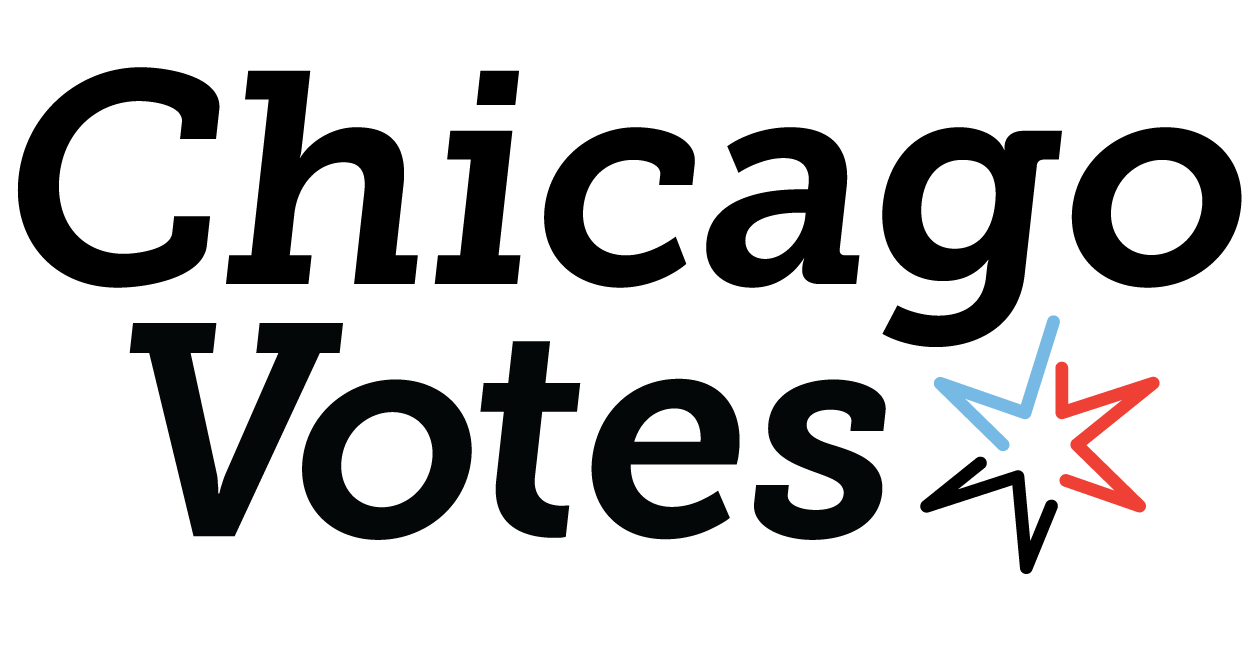By Caleb Dunson, Chicago Votes Inaugural Brian Sleet Fellow
After weeks of constant election news coverage, non-stop ballot counting, lawsuits alleging voter fraud, and election memes, the American people elected Joe Biden as the 46th President of the United States in a record-breaking fashion. Though our nation’s people worked tirelessly to avoid another four years with an anti-democratic demagogue in power, Joe Biden is not a political leader that garners a lot of enthusiasm, especially among progressives, and rightfully so.
Joe Biden has a troubling political history, having authored the 1994 crime bill that disproportionately incarcerated Black and brown people, mishandling Antia Hill’s sexual assault allegations against now Chief Justice Clarence Thomas, opposing court-ordered busing aimed at integrating schools, voting for an amendment that would have allowed states to overturn Roe v. Wade, and supporting the war in Iraq. Still, for many, a vote for Joe Biden was a vote for damage mitigation and a vote to preserve the integrity of democracy, with the hope that activism and organizing would push Biden (and other centrist politicians) left.
Well, the election is over, which means it’s time to get to work. But far too often calls to “get involved” are vague and unhelpful, and for young people that is especially harmful. Young people are constantly combatting attempts to disenfranchise and exclude our generation from the political arena. So, in response, we need a wide range of methods for engaging in politics.
In my Op-Ed for the Chicago Tribune, I wrote about how I got involved in politics as a high schooler. I mentioned how I took civics classes to learn how to effectively advocate for change, how I participated in study abroad programs to gain a global perspective on activist movements, and how I volunteered with different groups to orient myself with current movements for change.
However, I wrote from a position of immense privilege, having attended a school with resources that are not, though they should be, available to all. For those who stand in a similarly privileged position, take advantage of the opportunities you have to learn about politics, then use your access to resources to signal boost and support experienced activists and organizers. But regardless of the privilege you hold, there are universal ways to meaningfully and effectively participate in politics beyond the vote.
Developing your own set of politics and moral values is a necessary prerequisite to getting your hands dirty. My life experiences have shaped what I value as important, and thus have shaped my morals. My politics have been shaped by what I believe to be the best way to stay true to my morals in the political arena. To develop my politics, I spent some of my free time in high school reading works from Michel Foucault, Audre Lorde, Malcolm X, and others. As I read, I took note of the writers’ theories that resonated with me and incorporated them into my politics. I also took the opportunity to listen and learn from the activists and organizers who had more experience than I did. Hearing about their work and their politics expanded my perspective on pursuing change and helped me learn how I could best contribute to existing movements. And as I enter new spaces, I have sought out opportunities to reevaluate my morals and politics in order to ensure they align with my ultimate desire to make a positive impact on society.
After finding a set of politics that works for you, the next step is to find organizations and groups whose politics align with yours. For me, this has been a continual process as I have reevaluated my politics and reprioritized the issues that matter to me. Even so, my strategy for finding organizations that are compatible with my politics has remained the same. Taking the time to research an organization’s mission vision, leadership, current projects, and open positions has allowed me to get a strong sense of whether or not my values align with theirs, and helped me envision how I could potentially fit into their organizational structure. When I see a position that I may be interested in, I always apply knowing that the application process, and the role itself, will be an opportunity to further explore, examine, and develop my politics while helping others.
The final step is to engage with the organizations you have found in a humble and open-minded fashion. It is important to remember that the fight for justice is a long and continual one: there are scores of activists that have preceded you, and there will be scores of activists that succeed you. You should approach your work with an understanding of how you can use your unique skills to contribute to an expansive and interconnected movement and an eagerness to learn from those who have been doing the work long before you got involved. Find ways to generously give your time, energy, and resources to the organizations and groups you value. But above all, remember to consistently challenge your beliefs and reexamine your place in the movement with each new experience you have.
Staying engaged in politics is challenging work, but our communities are counting on us, so let’s “get involved.”
